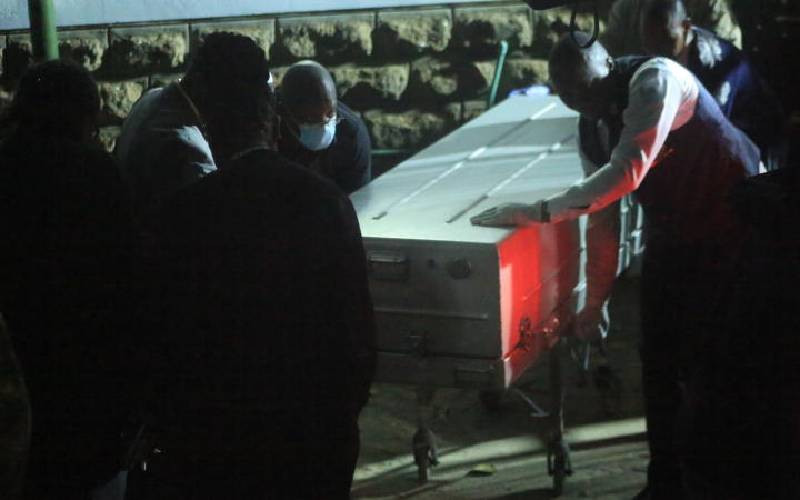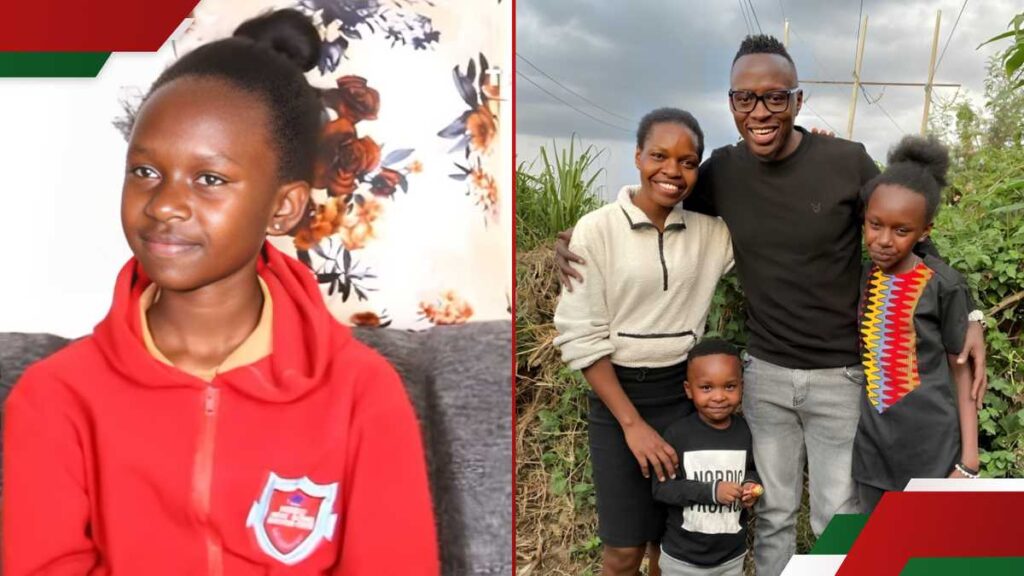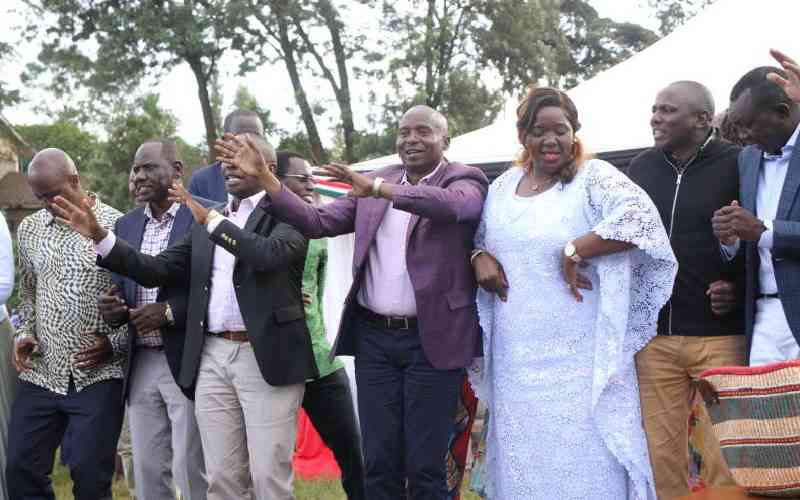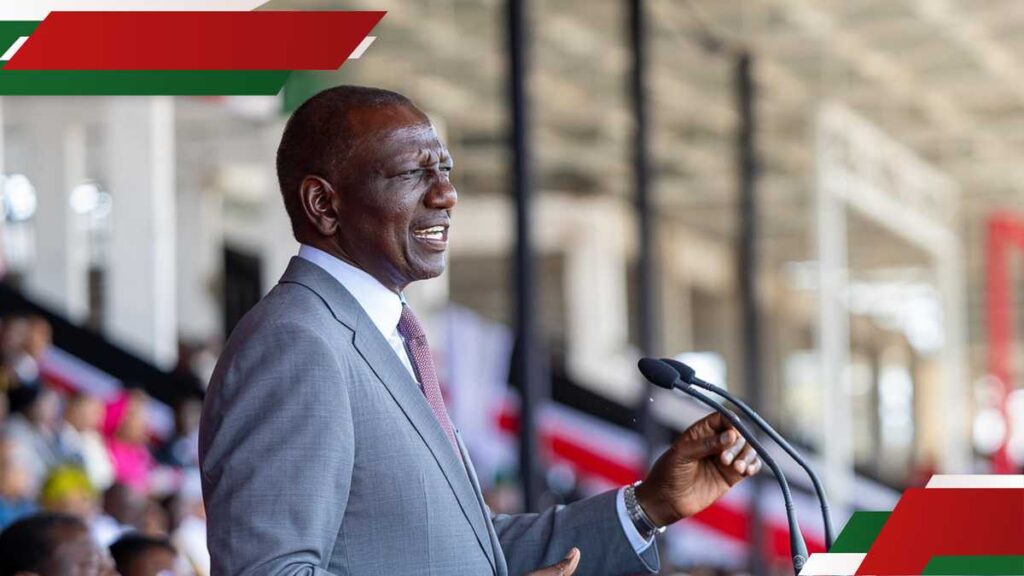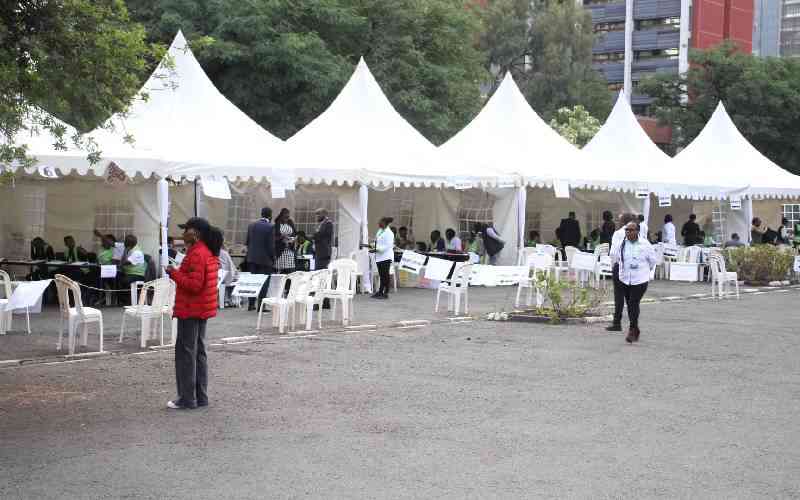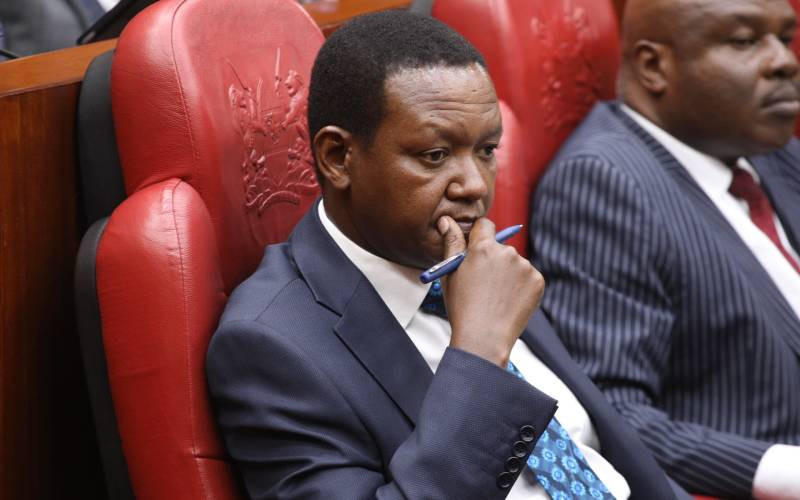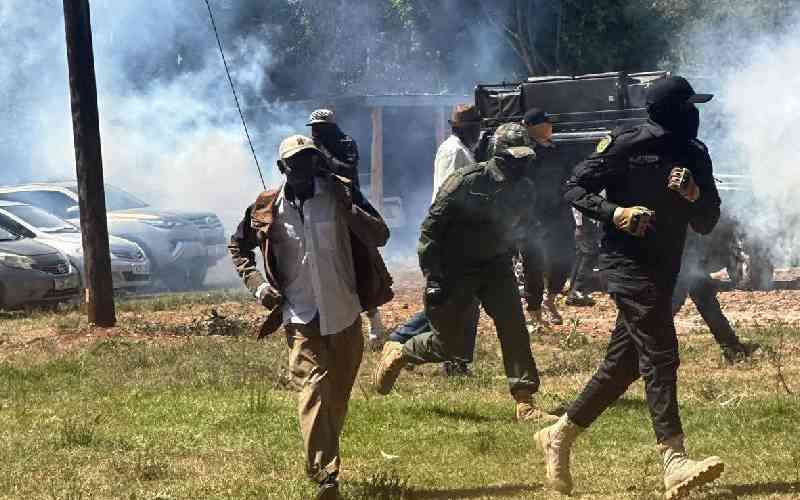In the chaos following the shocking assassination of Kasipul MP Charles Ong’ondo Were, most journalists scrambled for official statements, eyewitness accounts, and political speculation.
However, beneath the surface—away from the microphones and flashing cameras—a quieter and profound story unfolded. It was a story of grief, faith, and unseen moments that carried the weight of history.
At the Nairobi Hospital, where the MP had been rushed in a desperate attempt to save him, tension was palpable.
As reporters fought to piece together what had transpired at the City Mortuary Roundabout, a small group discreetly moved his body.
In hushed coordination, they ushered it out through a back door—bypassing the inevitable media frenzy—and transported it to Lee Funeral Home. None of the journalists on site saw it happen. However, my colleague and I did.
Outside Lee Funeral Home, emotions ran high. Crowds gathered, restless, their demands for justice filling the air. Anger and heartbreak blended into chants, fists clenched in anguish as they pushed against the gates, demanding answers, while security restrained them.
I watched from the sidelines, absorbing their raw emotion while my colleagues chased official statements.
A prayer in the shadows
Back at Nairobi Hospital, where the MP’s car was being prepared to be moved to Kilimani Police Station, I scouted for another untold angle. That’s when I saw them.
In a secluded corner, away from the commotion, three women and a man stood huddled, hands clasped tightly together in prayer. The intensity of the moment was undeniable—tears streaming, whispers fervent, their collective grief laid bare in silent devotion.
I waited until their prayer ended, then approached the woman who seemed to be leading them. She introduced herself simply as Milkah. Her words carried a deep sorrow: “He was close—so close. He was the boss of my husband,” she told me.
Milkah was a prayer warrior, she told me. She prayed for her husband earnestly each time he left for duty. But recently, something felt different. She had a premonition. She had been praying harder, sensing that something was coming.
On the fateful night, her husband called her. His voice was shaky. “We are in danger,” he said.
“Where are you?” she asked, panic setting in.
Stay informed. Subscribe to our newsletter
“At the City Mortuary roundabout…Someone is shooting.” She could hear it—gunfire crackling through the line as her husband narrated the nightmare unfolding.
“Is the boss okay?” she asked. “Mambo si mazuri,” he replied. Things are not good.
Then, silence. The phone went dead. She called him back, heart racing. When he answered, his voice was different, struggling for composure.
“The boss has been shot.” Her next words were instinctive, desperate: “Hold tightly onto the steering wheel. Turn back to Nairobi Hospital. Take him there. Now.” He did. He managed. But it was already too late.
As she recounted that final call, the other two women beside her broke down, hugging her tightly, their grief overflowing. I could only do one thing—hug her too.
“Trust that everything will be fine,” I whispered. But her response was firm, unwavering. “Nothing happens under the sky without the knowledge and reason—the power that be, God Almighty, knows everything, even before it happens.”
It struck deep. Faith and resignation intertwined, her sorrow anchored in an unshakable belief that destiny had already been written.
I breathed heavily as my colleague announced our vehicle had arrived. It was 1:36 am.








